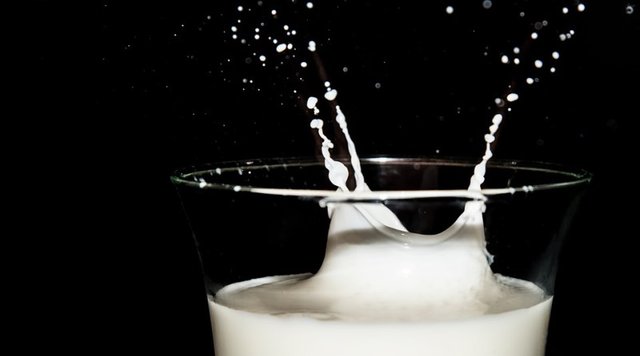Calorie’s Count In Milk | Milk Is A Source Of Numerous Vitamins
Milk is a good source of numerous vitamins, proteins, carbohydrates and minerals such as calcium and potassium which are good for strong bones and healthy teeth. It forms an essential component of a balanced diet. Despite its numerous benefits, milk is also a great contributor to increased body weight due to its large calorie content. However, the calorie content of milk depends upon the type of milk served. There are different types of milk such as full cream, low fat, 1 %, and whole milk. The calories in a particular type of milk depending upon the fat content in that milk. Usually, the average calorie content in any type of milk ranges from 40 to 150 calories per glass of milk (250 ml). For example, a 100 ml of full cream milk contains 67 calories out of which 48 percent comes from fats, 29 percent from carbs and 23 percent from proteins. This means one serving of whole Full cream milk (250 ml) contains approximately 150 calories. Similarly, 250 ml of buttermilk contains 120 calories and the same quantity of goat milk contains around 155 calories. People suffering from weight issues and those who want to lose weight using low fat or skim non-fat milk. A single 100 ml serving of low-fat milk contains 52 calories that are less the full cream milk. Moreover, 100 ml of skim non-fat milk contains only 52 calories. In addition to it, a single serving of 1 percent milk contains 102 calories out of which 21 calories or 20 percent comes from fats. Similarly, The non-fat and skim nonfat milk are low on fats which also decreases the proportion of calories coming from fats which are mainly responsible for increasing the weight in the first place. Although, both these types of milk have less no of calories than whole milk, yet they are richer in minerals, vitamins, and proteins than the other varieties. The most nutritious type of milk is the mature breast milk that contains around 100 nutrients. It is more balanced in terms of calorie and fat content than any other type of milk. 100 ml of mature breast milk contains around 72 calories, 7.4 gm carbohydrate, and 3.7-gram proteins. However, such type of milk is also largely dependent upon external factors such as mother’s diet and emotional health. For example, milk that is produced soon after the birth of the child is low on fats and calorie content. 100 ml of such milk contains only 50 calories and 2.9 gm fats. Over the course of lactation, the milk becomes dense in calories and fats. Similarly, it is important to note here that calorie counts in other types of milk (mostly industrially processed milk obtained from dairy farms) are also not standardized. Even for a specific type of milk, the calorie count depends on a lot of factors such as industrial production, specific brands requirements, and geographical locations. Thus, all the statistics provided are taken as average.
